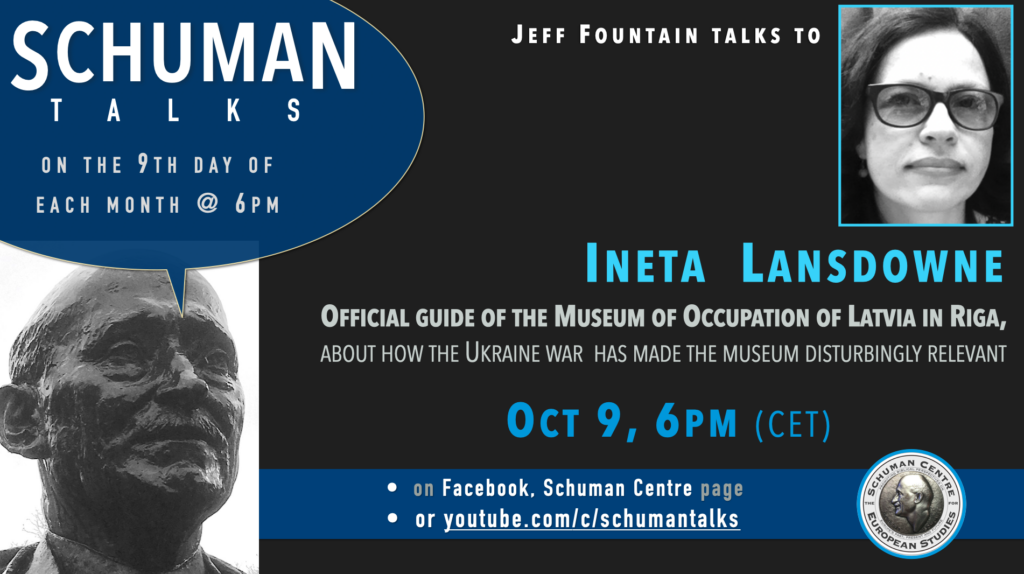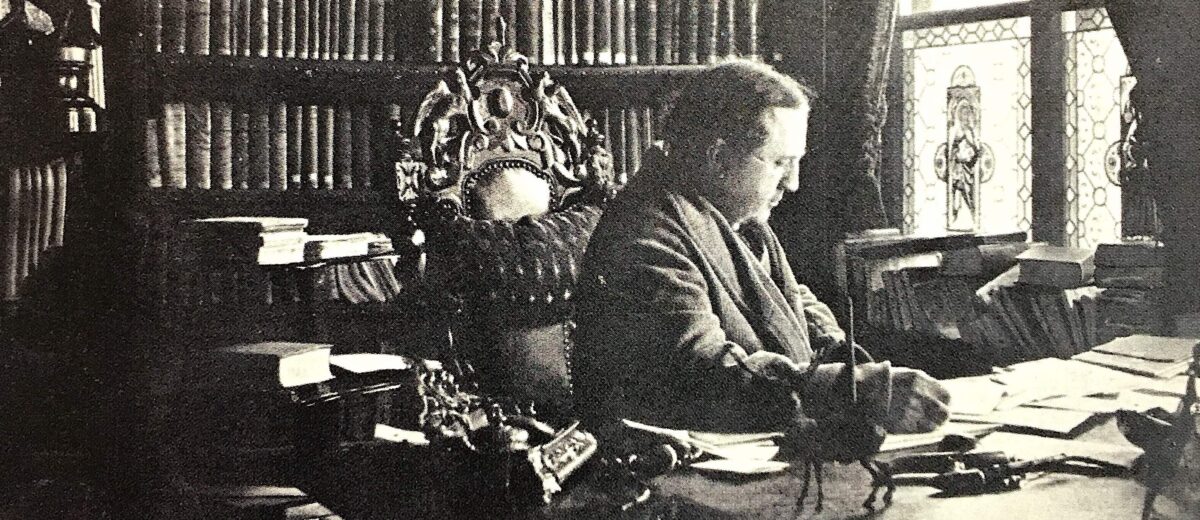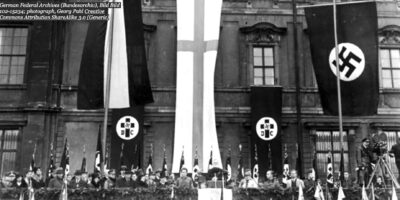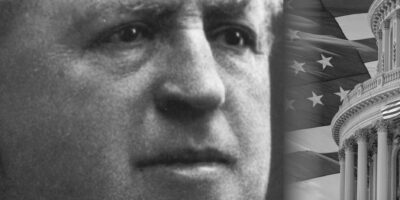This weekend we approach the twentieth century with the eighth of nine events in our Geloof in Mokum series.
Celebrating the 750th anniversary of Amsterdam, we have been exploring the role of faith in shaping the city over nine centuries. At tomorrow’s event, Dr Johan Snel will help us focus on the profound influence of Abraham Kuyper on both Amsterdam and the Netherlands from the mid-nineteenth century to the mid-twentieth.
Although Kuyper is a somewhat neglected figure in Dutch society today, Snel believes he remains the most influential statesman in the Netherlands whose legacy still can be clearly seen. Snel ‘discovered’ Kuyper just a few years ago when he began his doctorate on Dutch journalism. He kept encountering this ‘giant’ he could not avoid. Not only was Kuyper the leading Dutch journalist, he was leader of a new church denomination, founder of the Free University in Amsterdam, leader of the first modern political party in the Netherlands, and became prime minister in 1901.
Kuyper, who began his career as a liberal churchman, experienced several conversion moments leading to his understanding of God as sovereign not just over the spiritual areas of life, but over every sphere of human life. With this foundation, he set out to reform Dutch society under the lordship of Christ specifically in the spheres of church, government, education and journalism.
Snel’s own church tradition derided Kuyper as the man who had split the national church in the nineteenth century. Yet, as he began researching some of the 20,000 articles and 200 books Kuyper produced in his career, Snel realised that few had done justice to his rich legacy.
Standing on the shoulders of John Calvin, the Genevan Reformer, and Groen van Prinsterer, a key figure in the Réveil movement, Kuyper had astutely analysed the political malaise of the late nineteenth century. The Enlightenment had abandoned the sacred basis of society in a humanistic pursuit of liberté, egalité et fraternité. Yet without the Father as the starting point, how could one talk of brotherhood? If humans were simply the chance product of time plus matter, how could one talk of equality? If freedom meant simply doing what you wanted, rather than what you ought to do, why strive for the common good?
Idolatry
Kuyper viewed the various ‘-isms’ emerging on the political scene – capitalism, socialism, nationalism, conservatism and liberalism – as expressions of idolatry. Each ideology sought ‘salvation’ by absolutising some part of God’s good creation: e.g. wealth, the state, national identity, tradition and freedom. Humans were worshipping creatures. Having rejected God, they compulsively tried to fill the vacuum with a false deity.
This explosion of ideological options filling the spiritual void has left us today confused, disorientated and intellectually uneasy. While concerned about universal freedom, equality and justice, we have no basis to justify these values. Political discourse has been degraded to shouting matches.
Kuyper thus offers an analysis of our current social and political malaise – whether in a polarised America, a populist Europe or a besieged Ukraine seeking its own identity and transformation. He also offers a way forward in social pluralism. Diversity and pluralism was to be seen in all aspects of God’s creation and should not be feared or squelched by uniformity. Government’s responsibility was to promote justice for all, not just for the political stream that happened to be in power.
Kuyper resisted liberal individualism, the idea that society was simply a collection of free individuals with the state as referee. He saw individuals as embedded in communities with unique responsibilities. He opposed statism, the centralising tendency of modern states to take over education, welfare, or religion. He also resisted theocracy or ecclesiocracy, the notion that the church should control all of public life, as not respecting freedom of conscience and belief.
Pillarisation
Human society was made up of different ‘spheres’ or domains of life—such as family, church, school, business, science, media and the state. Each sphere had its own God-given purpose, authority, and norms, independent from other spheres. No single sphere, not even the state, has the right to dominate or absorb the functions of another. This principle protected pluralism in society—a recognition of diverse institutions, communities, and ways of life.
Kuyper championed religious pluralism in public institutions. This became known in Dutch politics as “pillarisation” (verzuiling), where each worldview (Protestant, Catholic, socialist, liberal) developed its own institutions within society. For instance, he introduced equal state support for both public and confessional schools in the Netherlands – government policy still today. He defended the right of communities—Catholic, Protestant, secular, socialist—to organise their own schools, newspapers, unions, political parties, etc.
Kuyper’s pluralism influenced modern Christian democratic politics in Europe and the concept of pluralism in other democratic societies. His model remains relevant in debates about religious freedom, multiculturalism, and the limits of state power.
He is a figure deserving much more attention not only to understand Amsterdam’s past – but to guide us through the global challenges of our current turbulent times.


Till next week,



